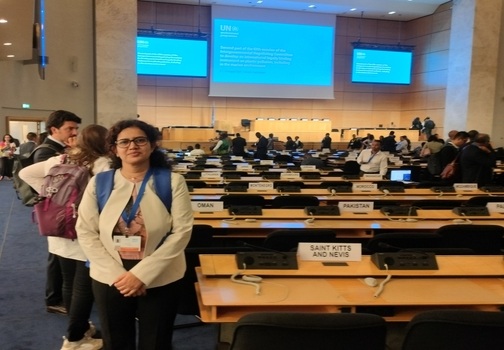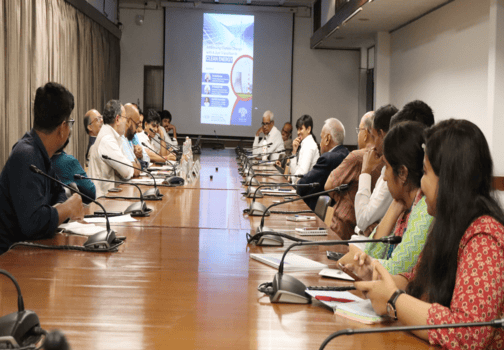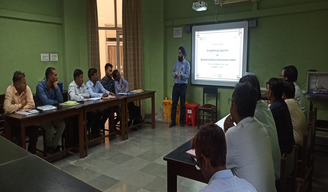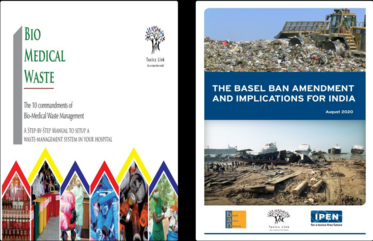Plastic waste has become one of the most daunting challenges for the world to manage. The unrivalled functional properties of durability, lightweightedness, inexpensiveness and water and shock resistance, make plastic imperative to modern living. But its non-biodegradability and indiscriminate presence globally makes it dangerous to the human race at its end of life.
Plastics production has surged over the past 50 years from 15 metric tonnes in 1964 to 359 metric tonnes in 2018, and is expected to double again over the next 20 years, as plastics increasingly serve many applications. Highest use of plastic is in packaging and a major chunk of the plastic produced each year is made for one-time or single-use, thereby quickly leading its way to the waste cycle. Less than 10% of plastic waste gets recycled. The rest goes to landfills, is burned in incinerators adding to emissions and increasing air pollution, or is left uncollected, with approximately 8m tons making its way to the sea via rivers.
Loopholes of plastic waste are manifold and the concerns are global. Plastic waste has a huge cost on the environment, economic, health and social aspects. Escaping the collection systems, a huge amount of plastic waste, as mentioned above, eventually reaches the water channels and further to the oceans.Even if collected, most plastic is downcycled or degrades in quality every time it is recycled, and hence can be recycled only a certain number of times before it becomes complete waste. Also, plastic usage, especially in multi-layered or small pouches etc is economically infeasible to recycle and thus lies in landfills- to be broken down into microplastics.
Another, not-so-known or long-term impact of plastic is from the contamination plastic waste carries. The chemicals associated with plastic (click here for report), phthalates, brominated flame retardants(click here for report) include deadly carcinogens, developmental, reproductive and neuro toxins and can be released into the environment from unmanaged plastic waste or even at any point of plastic waste management. And these impacts are not just restricted to humans, even other living beings are suffering from mounting plastic waste. In 2007, it was found that at least 267 different species have suffered from the impacts of plastic waste including 86 percent of all sea turtle species, 44 percent of all seabird species and 43 percent of all marine mammal species.
Management of plastic waste to address its impacts is a huge challenge and needs interventions at all levels, including product redesigning, reduced packaging, strict take-back mechanisms, restrictions on single-use, multi-layered and non-recyclable plastics, design for reuse and recycling, fool proof system for plastic lifecycle management etc.
The management of plastic waste first came under regulations in India in 2011 as the Plastic Waste Management Rules, 2011. These rules set a minimum standard for thickness of carry bags and mandated the retailers to charge a fee for plastic bags. It also established a framework with assigned responsibilities for plastic waste management to the ULBs along with provisions to set up a state-level monitoring committee. These rules were succeeded by the Plastic Waste Management Rules 2016. The 2016 rules address the issues of plastic waste minimization, source segregation, recycling, involving waste pickers, recyclers and waste processors in the collection chain, adopting polluter’s pay principle, extended producer responsibility comprehensively. But unfortunately, most of this is on paper and has not resulted in change on ground.
Toxics Link has been researching on a range of plastic waste issues for over a decade now, including management of overall plastic waste, recycling of WEEE (Waste electrical and electronic) plastic, impact assessment of regulations, microplastics as an emerging global threat and single-use plastic.






